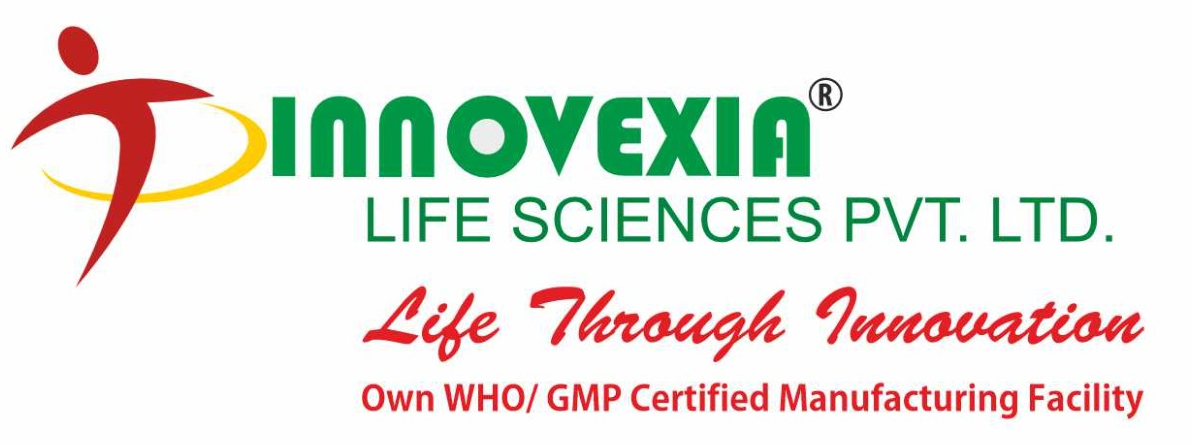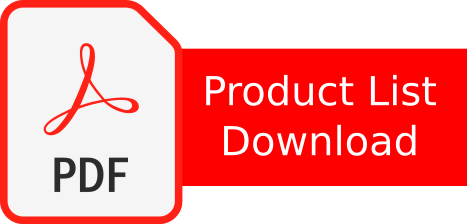Title: Precautions While Opening a Medical Shop in India: Ensuring Compliance, Quality, and Safety
Abstract:
When opening a medical shop in India, it is essential to take precautions to comply with legal and regulatory requirements, maintain quality standards, and ensure the safety of customers. This comprehensive guide provides a detailed analysis of the precautions to consider, covering areas such as licensing and permissions, knowledge of drug laws, qualified staff, genuine suppliers, good storage practices, quality control, ethical marketing, customer privacy, audits and compliance checks, continuous education and training, and safety and emergency preparedness. By following these precautions, aspiring medical shop owners can establish a reputable and successful business that contributes to the healthcare ecosystem in India.
Table of Contents:
1. Introduction
2. Licensing and Permissions
2.1. Obtaining the Necessary Licenses and Permits
2.2. Compliance with Drug Control Department Requirements
3. Knowledge of Drug Laws
3.1. Familiarizing Yourself with Applicable Drug Laws
3.2. Staying Updated on Amendments and Changes
4. Qualified Staff
4.1. Employing Qualified and Licensed Pharmacists and Staff
4.2. Knowledge and Training Requirements
5. Genuine and Authorized Suppliers
5.1. Sourcing Medicines from Reliable and Authorized Suppliers
5.2. Maintaining Proper Records and Traceability
6. Good Storage Practices
6.1. Adhering to Proper Storage Conditions
6.2. Temperature Control and Cold Chain Maintenance
7. Quality Control
7.1. Ensuring Genuine and High-Quality Products
7.2. Proper Labeling and Expiration Date Monitoring
8. Adverse Drug Reaction Reporting
8.1. Establishing a Reporting and Monitoring System
8.2. Taking Necessary Actions for Patient Safety
9. Ethical Marketing Practices
9.1. Adhering to Ethical Standards in Medication Promotion
9.2. Avoiding False Claims and Unethical Practices
10. Customer Privacy and Confidentiality
10.1. Respecting and Protecting Customer Information
10.2. Data Protection Measures and Compliance
11. Regular Audits and Compliance Checks
11.1. Conducting Internal Audits for Compliance
11.2. Cooperation with Regulatory Inspections and Audits
12. Continuous Education and Training
12.1. Staying Updated on Industry Trends and Practices
12.2. Training Programs for Staff Development
13. Safety and Emergency Preparedness
13.1. Maintaining First Aid Supplies and Emergency Equipment
13.2. Training Staff on Emergency Response Protocols
Introduction:
The introduction section provides an overview of the importance of taking precautions while opening a medical shop in India. It highlights the significance of compliance, quality assurance, and safety to establish a reputable and successful business.
Licensing and Permissions:
This section focuses on obtaining the necessary licenses and permits required to operate a medical shop in India. It emphasizes compliance with the requirements set by the drug control department and other relevant authorities.
Knowledge of Drug Laws:
Understanding the various drug laws and regulations applicable in India is crucial for operating a medical shop. This section explores the key drug laws, such as the Drugs and Cosmetics Act, Pharmacy Act, and Narcotic Drugs and Psychotropic Substances Act. It emphasizes the importance of staying updated on any amendments or changes to these laws.
Qualified Staff:
Having qualified and licensed pharmacists and staff is essential for ensuring the smooth functioning of a medical shop. This section discusses the requirements for employing qualified staff and highlights the
importance of their knowledge and training.
Genuine and Authorized Suppliers:
Sourcing medicines and healthcare products from reliable and authorized suppliers is crucial for maintaining quality and authenticity. This section provides guidance on identifying genuine suppliers and emphasizes the need for maintaining proper records for traceability.
Good Storage Practices:
Proper storage practices are essential for maintaining the efficacy and safety of medicines and healthcare products. This section discusses the importance of adhering to proper storage conditions, including temperature control, cleanliness, and labeling. It also emphasizes the significance of maintaining the cold chain for temperature-sensitive products.
Quality Control:
Ensuring the availability of genuine and high-quality products is fundamental to the reputation of a medical shop. This section explores quality control measures, including product verification, proper labeling, and regular monitoring of expiration dates.
Adverse Drug Reaction Reporting:
Establishing a system for reporting and monitoring adverse drug reactions (ADR) and medication errors is crucial for patient safety. This section emphasizes the importance of maintaining records of ADR reports and taking necessary actions to prevent harm to patients.
Ethical Marketing Practices:
Ethical marketing practices are essential to maintain the integrity of the healthcare industry. This section discusses the significance of adhering to ethical standards in medication promotion, avoiding false claims, and engaging in responsible marketing practices.
Customer Privacy and Confidentiality:
Respecting and protecting customer privacy and confidentiality is vital for building trust. This section highlights the need to implement data protection measures, comply with data privacy regulations, and safeguard customer information and prescription details.
Regular Audits and Compliance Checks:
Conducting regular internal audits helps ensure compliance with legal and regulatory requirements. This section emphasizes the importance of cooperating with inspections and audits conducted by drug control authorities or other regulatory bodies.
Continuous Education and Training:
Staying updated on industry trends and practices is essential for providing quality services. This section explores the significance of continuous education and training programs for staff members to enhance their knowledge and skills.
Safety and Emergency Preparedness:
Maintaining a safe environment and being prepared for emergencies is crucial in a medical shop. This section discusses the importance of having necessary first aid supplies, emergency equipment, and trained staff to handle emergencies effectively.
Conclusion:
The conclusion summarizes the key precautions discussed throughout the guide and emphasizes their importance in establishing a compliant, reputable, and successful medical shop in India. By following these precautions, aspiring medical shop owners can contribute to the healthcare ecosystem and provide quality services to their customers.
Note: While this outline provides an approximate word count, it may vary depending on the content written for each section.

